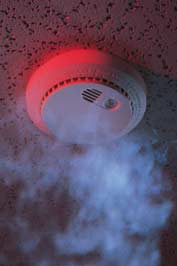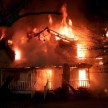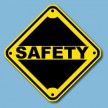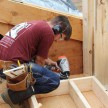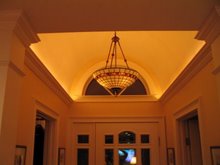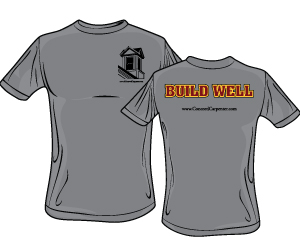Massachusetts Smoke Detector Law
NEW – Massachusetts Smoke Detector Law
Massachusetts state law currently requires that all homes must be equipped with smoke detectors.
Anyone selling a property is mandated to comply before closing on any home, the seller must follow the smoke detector law and arrange for and pass a fire department inspection.
The existing law:
This law requires that there must be an operable smoke detector on every habitable level, including the basement.
On the first floor, smoke detectors should be placed on the ceiling in a hallway near a stairwell to the second floor. If there is a bedroom on the first floor there should also be a detector outside the bedroom door.
On the second floor, the smoke detector must be placed on the ceiling in the hallway common to all of the bedrooms, normally at the head of the stairs. This is done so that the smoke will get to the detector before it reaches the bedroom.
In the basement, smoke detectors should be placed on the cellar ceiling at the base of the stairs. In an unfinished basement, it should be on the edge of the joist and never placed at the top of the basement stairs by the cellar door.
In properties that were built after 1975 it is mandatory to have a hardwired system with battery backups.
New Regulation Effective April 5, 2010
The technologies currently used in smoke detectors are ionization or photoelectric.
The new smoke detector law requires the use of both technologies in all living levels as well as the basement. The exception to this will be 20 feet from a kitchen or bathroom containing a tub or shower. An ionization detector cannot be used in these areas due to its sensitivity to steam. In these sensitive locations, a photoelectric sensor alone is required.
The new Massachusetts regulations apply to all single and multi-family homes that were recently built or substantially altered and sold after April 5, 2010. The state code governs homes that were built or altered after January 1, 1975 and the state already imposes the same set of restrictions.



